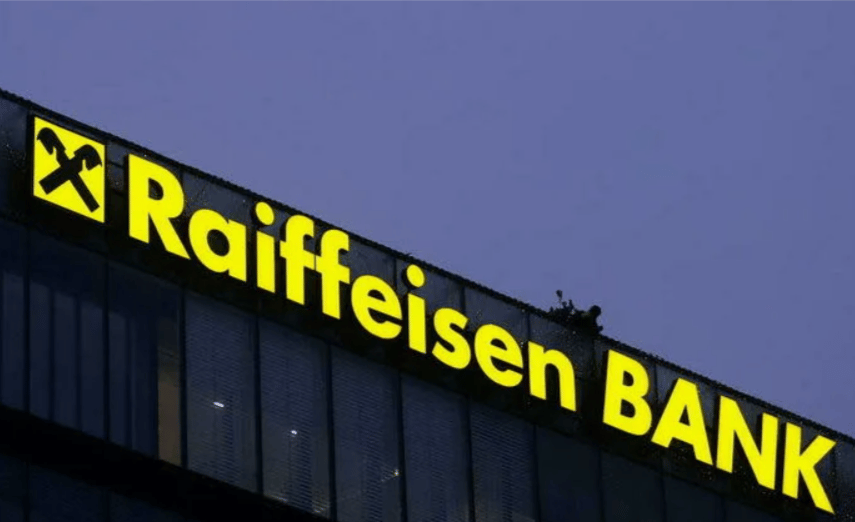

Raiffeisen Bank International $RBI.VI has recently reaffirmed its plan to divest a major portion of its Russian operations—a decision that comes amidst shifting global political pressures. Contrary to earlier media reports suggesting a halt in the process, the bank confirmed that negotiations regarding the sale continue actively. This move underscores the complex interplay between international politics and financial strategy, especially in light of sanctions and heightened regulatory scrutiny from both sides of the Atlantic.
The evolving geopolitical landscape has compelled major financial institutions like Raiffeisen Bank International to rethink their operational footprints. With mounting pressure from European and American authorities urging a reduction of Western banking activities in Russia, selling 60% of its Russian business appears to be a logical response to minimize exposure amid escalating tensions. Although some outlets like the Financial Times hinted at a pause in these efforts following recent political developments in the United States, the bank’s official stance confirms that the divestiture is still underway.
1. Assessing key assets within the Russian division
2. Engaging in negotiations with potential buyers
3. Evaluating the impact of current geopolitical risks
4. Adapting strategies to evolving political signals
5. Finalizing the deal under newly shaped international conditions

- Pressure from international regulatory bodies
- The intensification of sanctions
- Shifting geopolitical alliances and power dynamics
- Strategic realignment in response to a fluid economic landscape
- The evolving dynamics of global financial markets
The ongoing divestiture process reflects broader trends in international finance, where political factors can directly influence strategic business decisions. By opting to scale down its presence in areas marked by uncertainty, Raiffeisen Bank International demonstrates agility and a proactive approach to risk management. This decision aligns with a broader industry pattern of recalibrating operations in response to global sanctions and shifting diplomatic relations, thereby ensuring long-term operational stability even in unpredictable markets.
The reaffirmation of the sale process by Raiffeisen Bank International highlights the bank’s readiness to adjust in the face of international pressures and unforeseen political developments. This realignment not only mitigates immediate risks but also paves the way for a more resilient and streamlined global operation. Observers note that such strategic moves are critical for maintaining competitiveness in an era where financial markets are increasingly intertwined with geopolitical events.
The transaction exemplifies how embracing innovative approaches can reshape our understanding of automation in tech